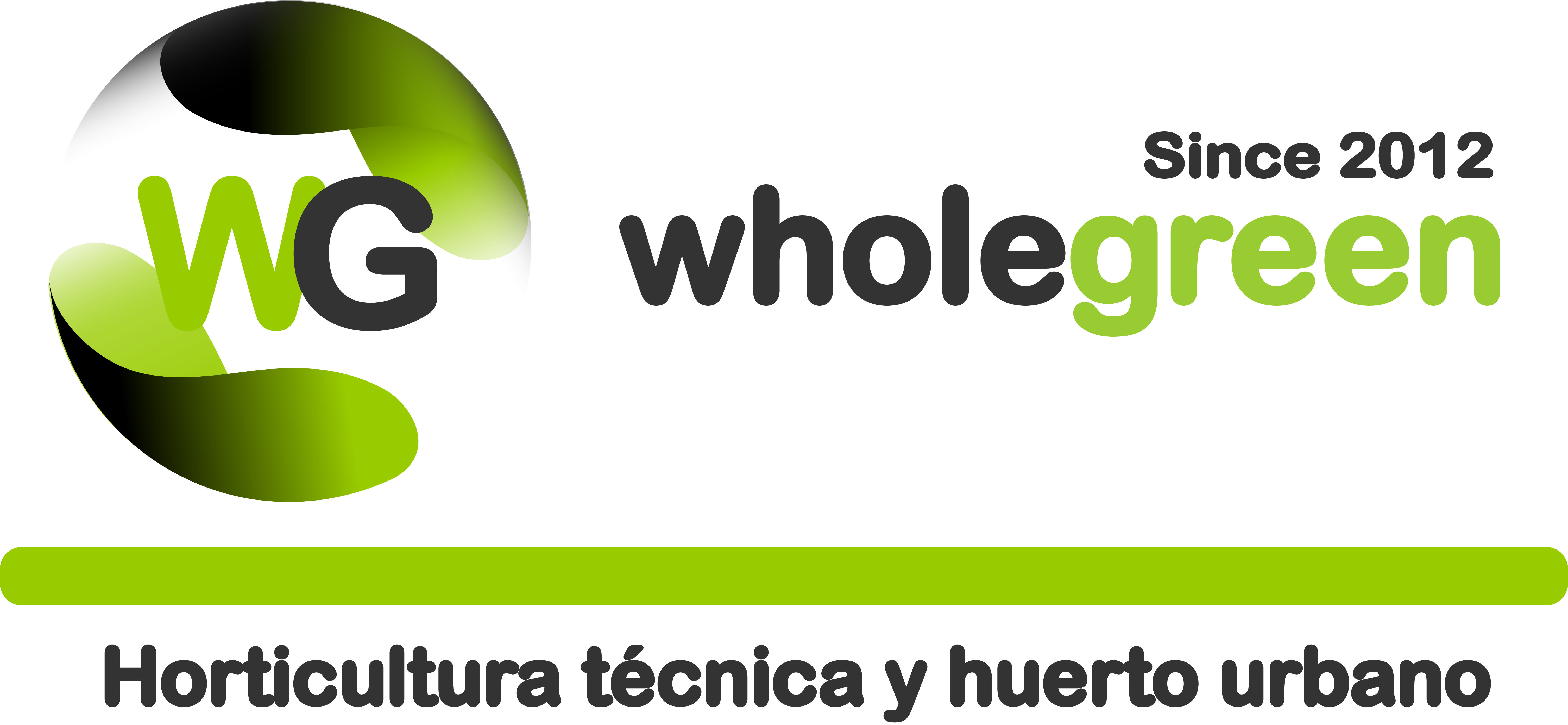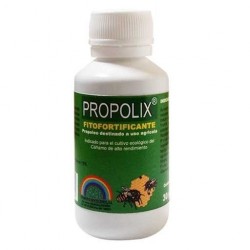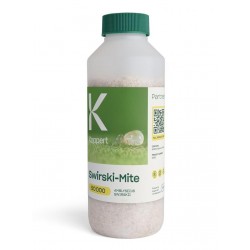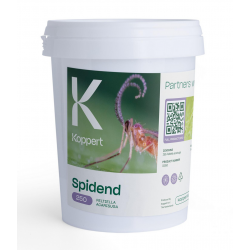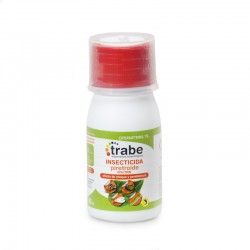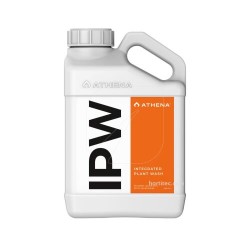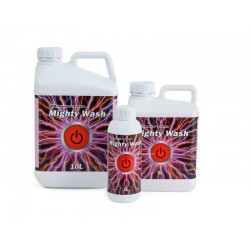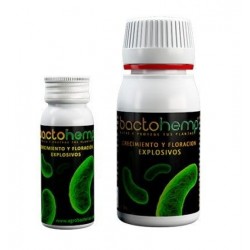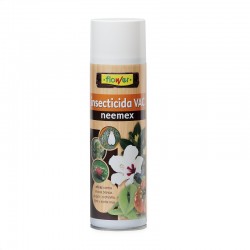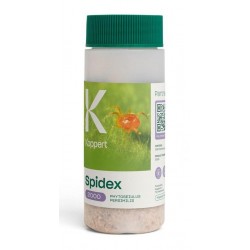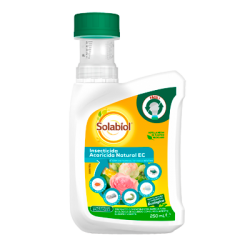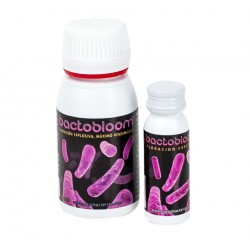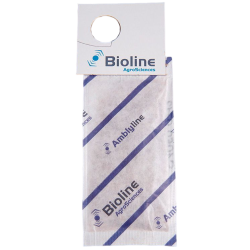Subcategories
Crop Pest Management: Options and Strategies for a Healthy Crop
Growing this plant can be a rewarding task, but it also comes with its challenges, especially when it comes to controlling pests and diseases that can affect plant health and performance. In this article, we will explore in detail the different options and strategies available to manage pests in a crop, from preventive methods to organic and chemical solutions. We tell you the different methods to fight against the main pests in these crops: red spider, thrips, whitefly, powdery mildew, botrytis...
Preventive Methods
Prevention is key when it comes to controlling pests in a crop. By implementing preventative practices, growers can significantly reduce the risk of infestations and keep their plants healthy. Here are some important preventative measures:
- Selecting Resistant Genetics: By choosing varieties resistant to pests and diseases, growers can reduce the risk of infestations from the beginning.
- Environmental Control: Maintaining optimal environmental conditions, such as adequate temperature and humidity, can help prevent the proliferation of pests and diseases.
- Hygiene: Keeping the growing area clean and free of dead plant remains, soil and debris can help eliminate pest breeding habitats.
- Access Control: Limiting the access of people and pets to the growing area can reduce the possibility of introducing pests from the outside.
- Crop Rotation: Rotating varieties can help prevent the accumulation of pests and diseases in the soil.
Organic Methods
For growers who prefer to avoid using synthetic chemicals, there are numerous organic pest control options. These methods take advantage of natural ingredients to effectively control and repel pests. Some of the most common organic methods include:
- Biological Control and Fight: Introduce natural predators, such as beneficial insects or nematodes, to control specific pest populations.
- Essential Oils: Essential oils, such as neem oil, peppermint oil and eucalyptus oil, are known for their pest repellent properties.
- Plant-Based Products: Plant extracts such as garlic, onion and pepper can be used to repel unwanted insects and fungi.
- Traps and Barriers: Pheromone traps, sticky traps and physical barriers, such as nets and mesh, can help control pests effectively without the use of chemicals.
Chemical Methods
While organic methods are preferred by many growers, sometimes it is necessary to resort to chemicals to control more persistent or serious pests. It is important to use chemicals responsibly and follow application instructions to minimize risk to plants, humans and the environment. Some common chemical methods include:
- Insecticides: Insecticides are chemicals designed to kill insects. They can come in the form of sprays, powders or liquids and should be used with caution to avoid harming plants and the environment.
- Fungicides: Fungicides are chemicals used to control fungal diseases. They can be applied as sprays, powders or solutions and may be necessary to prevent or treat diseases such as gray mold or powdery mildew.
- Acaricides: Acaricides are chemicals designed to kill mites and other related arthropods. They may be necessary to control mite infestations, which can cause serious damage to plants.
Integrated Methods
Integrated pest management (IPM) is a holistic approach that combines multiple pest control strategies to maximize effectiveness and minimize risks. By combining preventive, organic and chemical methods in a coordinated manner, growers can create a robust and sustainable pest control system. Some common GIP practices include:
- Regular Monitoring: Regularly inspect plants for signs of pests and diseases to detect and address problems early.
- Use of Selective Products: Use selective chemicals that are specific for the target pests and do not harm beneficial organisms.
- Method Rotation: Alternate between different pest control methods to prevent resistance and maximize effectiveness over time.
- Education and Training: Training growers on safe and effective pest control practices can help promote an integrated and sustainable approach to crop pest management.
Evaluation and Monitoring
Regardless of the pest control method used, it is important to continually evaluate and monitor pest control success. This may involve monitoring the presence of pests and diseases, evaluating the effectiveness of control methods used, and adjusting strategies as necessary to address emerging problems. A proactive, evidence-based approach can help ensure a healthy and productive crop in the long term.
